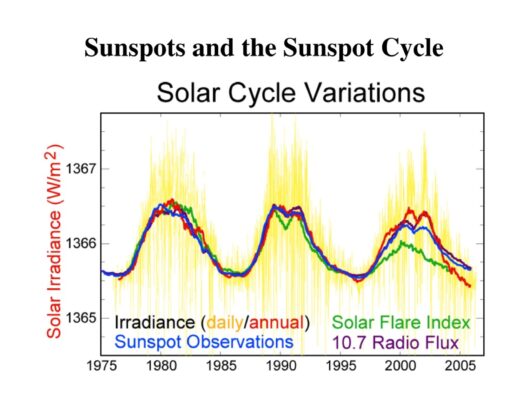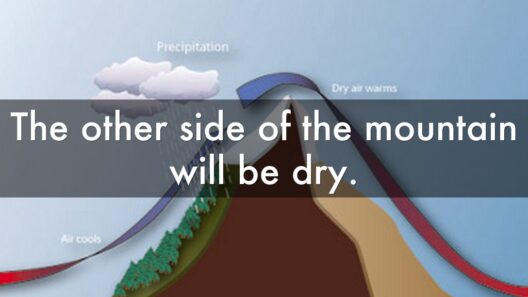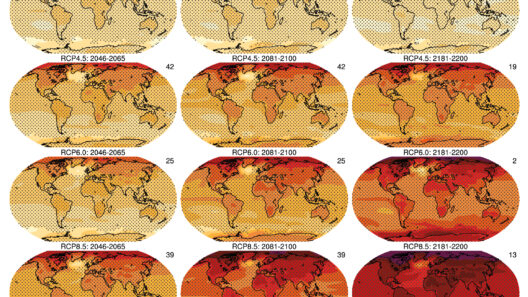Climate change, an intricate web of environmental perturbations and socio-economic ramifications, beckons an urgent and comprehensive discourse. Engaging in a climate conversation is paramount, yet it is often relegated to academic circles or environmental activists. However, everyday individuals, communities, and governments are tantalizingly intertwined in this vital dialogue, which is not merely a conversation—it’s a critical debate that necessitates robust action. From the nuances of scientific data to the ethical implications of climate inaction, every facet of this conversation merits attention.
The urgency of climate action is underscored by the ubiquitous and visible manifestations of climate change, such as increasingly erratic weather patterns, rising sea levels, and diminishing ice caps. These phenomena serve as palpable reminders of our planet’s changing dynamics. Yet, the discourse around climate change often eludes uniformity. There resides a profound dichotomy between those who regard climate change as an existential threat and others who trivialize it, attributing such concerns to alarmism. This divergence indirectly highlights a common observation: the necessity of a dialectic approach, merging evidence-based dialogue with empathetic understanding.
At the crux of any meaningful climate conversation lies an exploration of the scientific consensus surrounding climate change. According to the Intergovernmental Panel on Climate Change (IPCC), human activity—particularly the combustion of fossil fuels—has precipitated dramatic changes in atmospheric composition, thereby exacerbating the greenhouse effect. The scientific intricacies are daunting, but they are integral to the debate. By distilling this complex information into digestible components, advocates can spur meaningful dialogues. For instance, discussing carbon footprints, greenhouse gases, and energy sources can render the abstract tangible, facilitating a connection between the audience’s daily activities and the grander narrative of global climate dynamics.
However, scientific literacy alone is insufficient. The interplay of socio-political contexts and individual motivations shapes the conversation around climate action. An audience’s demographic factors—age, cultural identity, and socio-economic status—intersect to inform their perception of climate change. Young activists, driven by an intrinsic sense of justice, often confront leaders with impassioned pleas to rectify the moral failings of preceding generations. This generational divide opens a channel for discourse, urging older demographics to reflect upon their legacies while prompting younger individuals to strategize for a sustainable future.
Moreover, the climate debate transcends mere facts and figures; it is inextricably linked with economic philosophies and environmental justice. The discourse around climate conversation often overlooks the marginalized voices who bear the brunt of ecological degradation while contributing little to its onset. Environmental racism and inequity must be highlighted, instigating dialogues about accountability and reparations. Advocating for inclusivity in climate conversations not only enhances the richness of the debate but also fosters comprehensiveness in proposed solutions.
This leads to the quintessential question: What constitutes effective action? A plethora of solutions has been bandied about, from renewable energy investments to legislative mandates on carbon emissions. Nonetheless, the feasibility of implementing such measures often generates contention. The climate crisis necessitates interdisciplinary cooperation; economists, scientists, policymakers, and citizens must unite, forging a cohesive alliance. It is essential to transcend partisan boundaries in favor of a collective objective: the stewardship of our planet.
Political engagement is pivotal, yet the efficacy of grassroots movements should not be underestimated. Community-level initiatives—including local conservation projects, climate education programs, and sustainability campaigns—can galvanize significant change. The potential for community-led conversations to sway local policy cannot be overstated. Engaging with local government representatives or participating in forums can amplify the voices of concerned citizens, aligning public priorities with climate action. These grassroots efforts transform abstract ideas into localized movements, fostering a sense of agency and commitment towards sustainable practices.
Moreover, corporate responsibility in the climate conversation is a burgeoning area of focus. The private sector, with its vast resources and widespread reach, plays a crucial role in shaping the narrative surrounding climate action. Initiatives like carbon neutrality pledges and sustainable supply chains indicate a growing acknowledgment of corporate accountability. Yet, skepticism remains: are these initiatives genuine or merely performative acts? Scrutinizing corporate commitments invites deeper conversations about ethical business practices and the need for transparency in environmental claims.
It is evident that climate conversations can yield powerful outcomes when approached holistically. To catalyze tangible outcomes from debates, fostering an environment conducive to constructive engagement is critical. This includes recognizing diverse perspectives, establishing common ground, and above all, instilling hope. The climate crisis, while daunting, should not be framed solely as a narrative of despair; optimism about our potential to innovate, adapt, and collaborate must permeate discussions. Encouraging risk-taking, creativity, and resilience will not only empower individuals but also foster a culture of proactive engagement.
As we navigate the ongoing climate conversation, embracing its complexities is essential. This discourse is not a transient phenomenon; it is a multifaceted tapestry woven with the threads of science, society, and ethics. Every participant in this dialogue can shape the trajectory of climate action in significant ways. By engaging in direct conversations, advocating for inclusivity, and demanding accountability from both leaders and peers, the potential for groundbreaking change is not just conceivable—it is imperative. After all, a climate conversation worth having is not merely about exchanging ideas; it is about propelling a collective movement towards a sustainable, equitable future.





